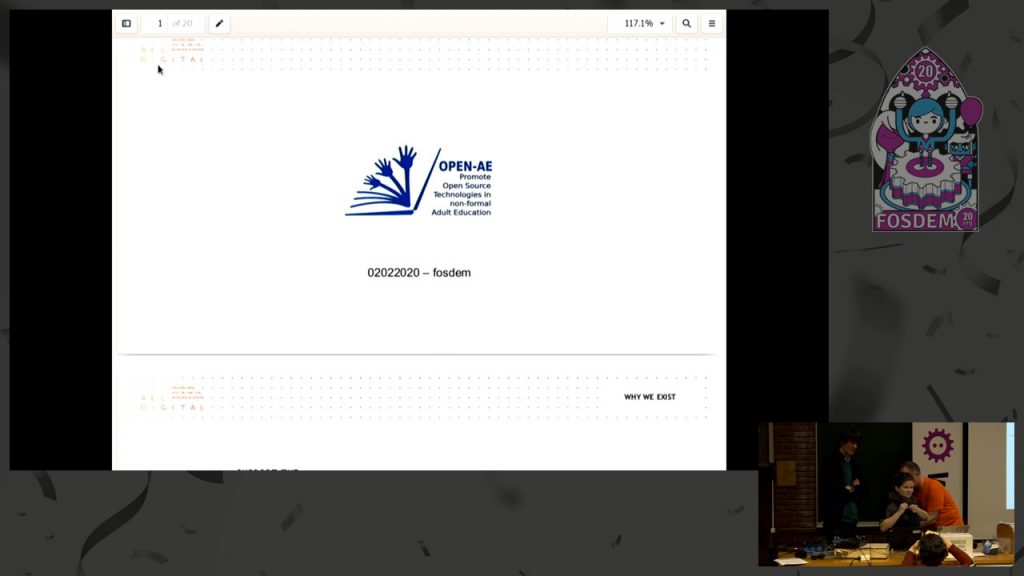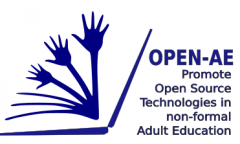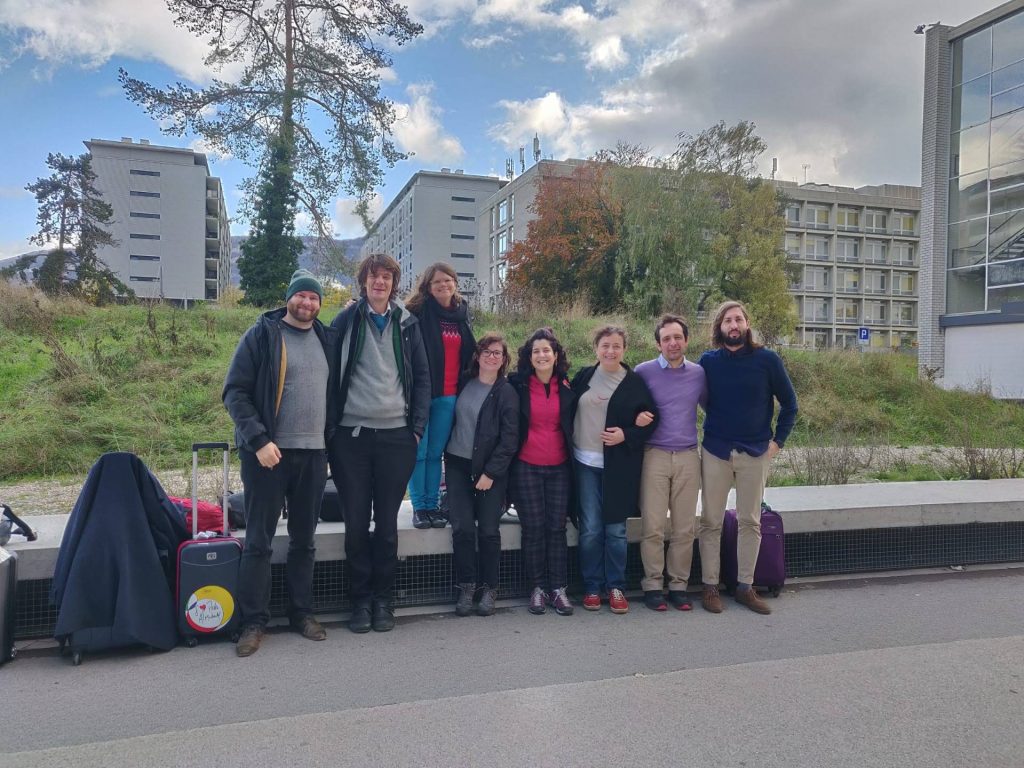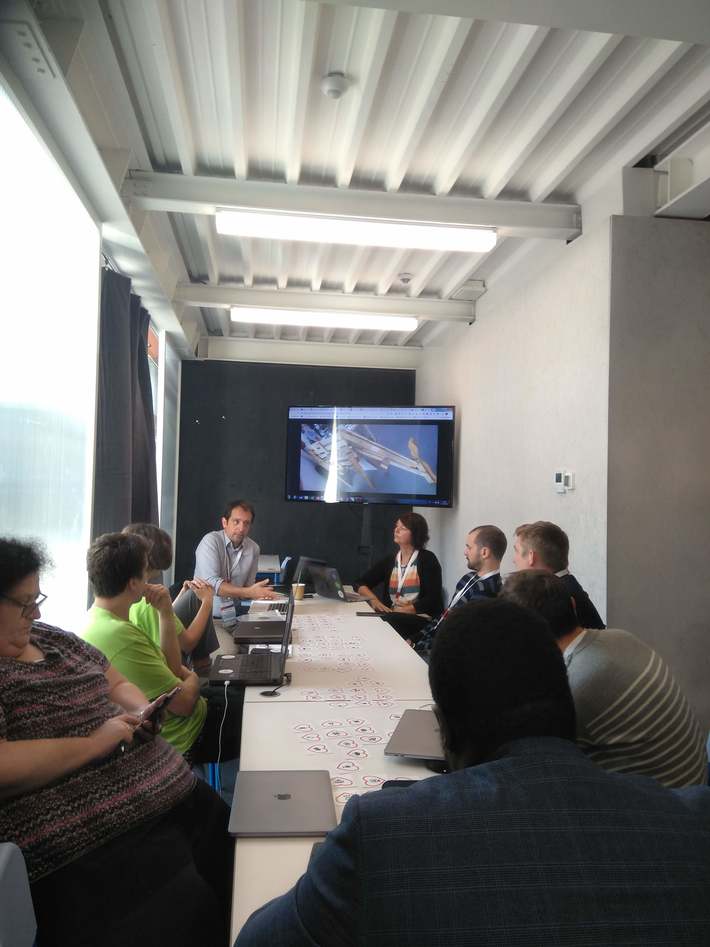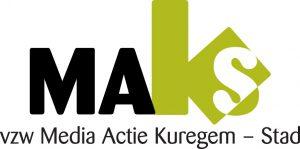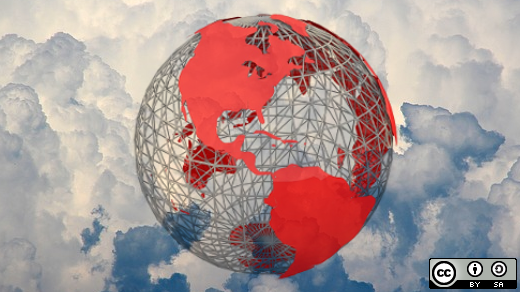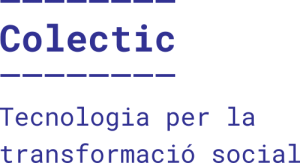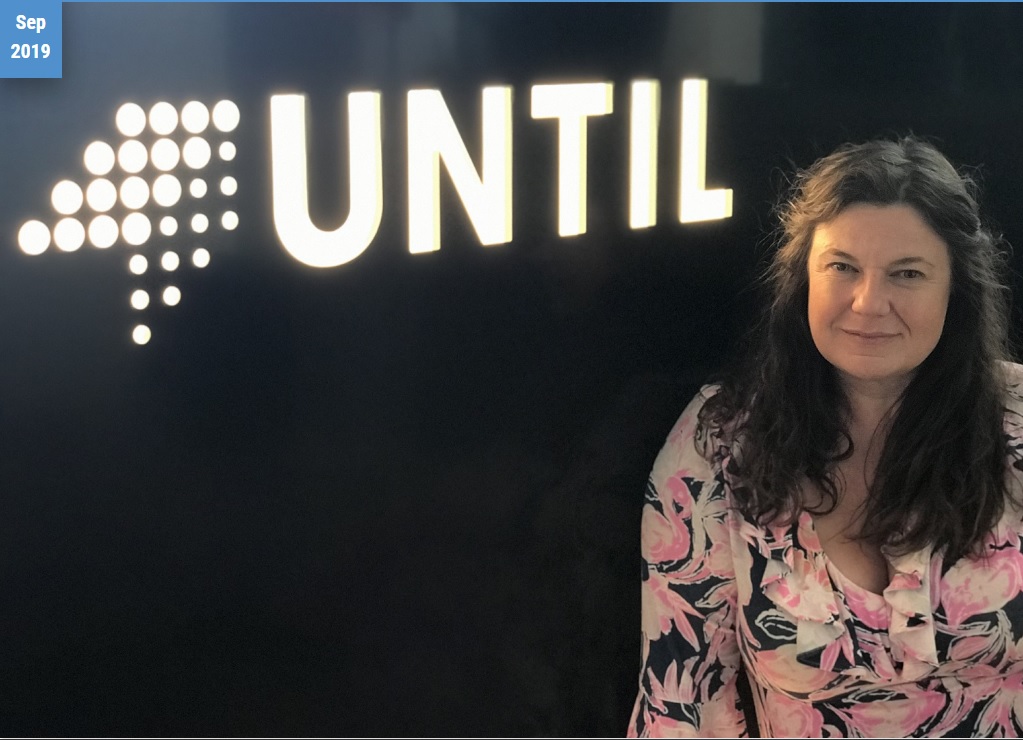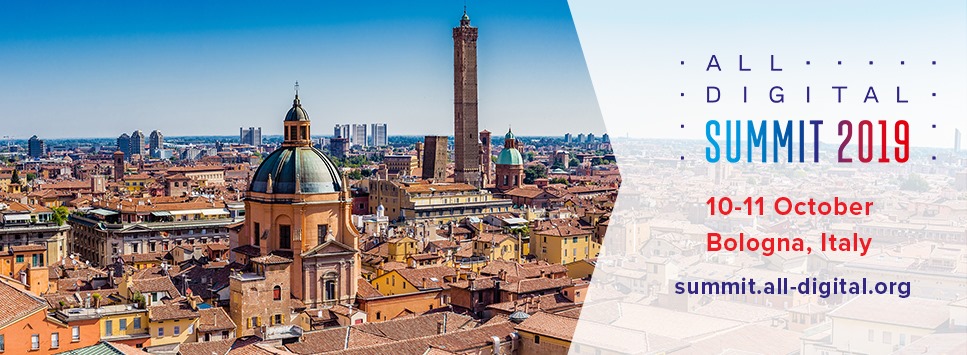The Association Study Center City of Foligno (www.cstudifoligno.it) is a training agency active since the year 2000 in the territory of the Municipality of Foligno. The Association is a non-profit private organization whose funding members are the Municipality of Foligno, the Province of Perugia, the Umbria Region, the University of Perugia and the Foundation of the local bank.
CSF has worked with and for
different target groups, always starting from the assumption that a
high-quality education and training are fundamental to the whole realization of
the individual. “Education for all”, in our case, has meant in particular the
realization of training courses and other formative interventions for
disadvantaged groups. Unemployment, handicap, gender and racial discrimination,
from one side, have been dismantled with adaptability, guidance and social
inclusion, from the other side.
Our main activity is the constant
research of local, national and community funds, for two main reasons:
1) It answers to the needs and
problems of people who live in Foligno and in the surrounding areas
2) It connects people with a
wider educational and working context, with the aim to favor an intercultural comparison
and dialogue for the development of the person and of the society in general
We constantly try to deepen a
real transnational cooperation in the field of adult education, increase
awareness of European cooperation and opportunities and help young adults in
finding their role in the everyday life.
We have a long-term experience in
European projects, both as a coordinating and as a partner organization.
With regards to adult learners,
we benefit from the European Social Fund for the delivery of continuous and
permanent training intervention. Moreover, starting from 2010, we have
implemented, both as project coordinator and partner, several Grundtvig
multilateral projects (LLP) and Erasmus+ KA2 Strategic partnerships for Adults.
All these activities allowed us
to strengthen our connection with other local and international organizations
that provide services for the elders, such as:
– The
University of the Third Age of Foligno
– CPIA: regional center for adult education
– EPALE:
Electronic Platform for Adult Learning in Europe
– Some
sectorial associations, for the promotion of the project activities and the
involvement of average but committed seniors, such as:
- AUSER
(http://www.auserumbria.it/) Association for the self-management of services
and solidarity
- ANTEAS
(http://www.anteasfoligno.it/home/) National Association of Senior Citizens
Active for Solidarity
- ANCESCAO
(http://www.ancescao.it/) National Association of Social Centers, Elders
Committees and Gardens
- What is the background of CSF in open and free technologies?
CSF, having being involved in
numerous EU projects, has collaborated with European partners in the
development of open source technologies and OERs. The resources developed range
from methodologies, and OERs to platform and software.
Although the organization itself cannot be considered as a pioneer nor a driver in the field of the FLOSS movement, CSF has always been committed in the use or development of open resources. Its staff has always paid attention to open and free technologies, attempting to make the widest use possible both for their daily work and for training the target groups involved in CSF courses. For instance, most of the courses offered by CSF on basic digital skills are implemented using software such as Open office and when dealing with video editing almost all the staff members are able to use Da Vinci Resolve.
What are CSF’s highlights in projects or initiatives in open culture or free software? How is CSF contributing to the open movement?
As mentioned above, CSF has implemented several projects and
initiatives that, although not specifically focused on open culture, have
developed diverse open and free tools and methodology. Here below we can
mention some of them that have a link with adult education.
1) “CAFE in Europe – Civic Awareness For Elders in Europe”
was a LLP Grundtvig Multilateral project leaded by the Municipality of Foligno
in collaboration with the Association of Civil Protection LARES, which involved
other five European organizations. The main objective was to identify a common
European training strategy in order to sensitize elderly people about their
possible role of civil protection volunteers.
2) VINTAGE (Valorisation of INnovative Technologies for AGing
in Europe) is a LLP Grundtvig Multilateral project.
(www.vintageproject.eu). The project is
an integrated action which aimed to face the digital exclusion of this target
group by placing the elder in the center of the contemporary digital world. The
impact of the project activities was ensured by the transversal involvement of
different target groups, such as elderly people, voluntary associations, adult
education institutions, public authorities, SMEs and other private bodies. We
already implemented a well-structured dissemination plan both at local,
national and international level, including numerous exploitation activities in
order to put the bases for the sustainability of the project. In fact, starting
from last March 2015, VINTAGE has been replicated at regional level with the
financial supports of the Umbria Region within the framework of the “Regional
Agenda for active ageing and social inclusion”.
3) CINAGE project (Cinema for Active Ageing) another GRUNDTVIG
multilateral (www.cinageproject.eu) started in 2013 and finished in 2015,
focused on the active involvement of the seniors through an intergenerational
training approach for the analysis of the European cinema production related to
six areas of Active Ageing
4) BRIGHTS a KA3 ERASMUS+ project that aims to promote Global
Citizenship Education (GCE) in formal and non-formal Educational contexts with
the help of Digital Storytelling (DS) techniques, leading to more socially
inclusive education and training policies and practices in Europe. Its
objectives are:
– Increase and improve teachers’
and trainers’ capacity to implement GCE with young people using DS;
– Empower young people in the
acquisition and development of social, civic and intercultural competences as
well as critical thinking, media literacy, creativity and digital skills
through the production of digital stories on Global Citizenship.
– Develop of a European online
community on GCE able to sustain project results and amplify their impact.
5) DCDS a KA3 ERASMUS+ project aimed at developing an
innovative multilingual Digital Competences Development System (DCDS) and use
it to provide non-formal training to low-skilled adults in the non-formal education
sector in different European countries. The System consists of:
- A methodology for the
development of digital competences and related transversal competences of
adults
- An online environment that
implements the methodology
Moreover, from the beginning of the 2019 CSF has
inaugurated a new digital hub open and free to all the citizens. The “DigiPass”
is part of the Agenda Digitale per
l’Umbria (Digital Agenda for Umbria), a strategic development plan for
regional digitization. This center, equipped with training rooms, help desk and
free internet access, is hosted in the premises of CSF and it has been widely
used for training and promotional activities about CSF projects and
initiatives.
- What challenges has CSF encountered with integrating free software and open source in the training of low-skills adults?
The findings from the desk research for the OPEN-AE project underlined that there are different issues with integrating free software and open source on different levels but these issues are not related to specific target groups (i.e. low skilled adults) but rather to structural and cultural barriers training providers have to face. First of all, in Italy one can witness a lack of support to the FLOSS movement at policy and economic level. For instance, CSF, being funded by public entities, should be supported and orientated toward the use of free software and open source but in fact in the last years this support failed (see for example articles 68 and 69 of the “Digital Administration Code” that impose the preferential adoption of internally developed software solutions, and the choice of Free Software instead of proprietary solutions, on public administrations that never effectively took place). Secondly, many trainers are used to work with proprietary resources and tools because those are related to the competences the market requires and consequently when working they are naturally pushed to refer to those tools and resources. In addition to that, it exists a cultural barrier in Italy that speaks against the development and spread of free software and open source technologies and resources: the main cause being the allegedly shortage in quality of FLOSS alternatives in comparison with proprietary solutions.
- What does CSF hope for the outcomes of the Open-AE project?
With the two years’ work on the
Open-AE project, CSF is expecting first of all to gain extensive and deeper knowledge
about free software and open source and the whole FLOSS movement. In this way,
the whole organization could lead by example other organizations, starting with
the ones involved in Open-AE such as adult training providers and then moving
to public organizations such as The University of Perugia and the Municipality
of Foligno, both funders of the CSF. In would be really great if in the public
offices of CSF, the staff would be able to fully switch to open and free
technologies (or at least partially). We reckon it would be a great message to
send out the public audience the fact that a whole organization is using free
and open tools and software (as far as we know it does not exist such an
organization in our area, this would also mean presenting CSF as a pioneering
organization at regional level). For the daily tasks performed daily by CSF
(trainings, management, administration, etc.) there are several good solutions
that could be used instead of proprietary software currently employed.
Secondly, the piloting activities
will be a huge opportunity to involve other training providers and trainers, to
have them approach the free and open technologies world and consequently to
influence their own organizations in future decisions.
Finally, on crucial aspect that is
indeed also one of the main objectives of the Open-AE: the upskill of trainers
through a deeper understanding of free and open technologies and resources and
the application of tools in their work. In this way, CSF trainers who attended
the training in Barcelona and trainers, who will be attending the piloting
course, will benefit from the Open-AE activities creating greater awareness for
themselves and their own organizations.
